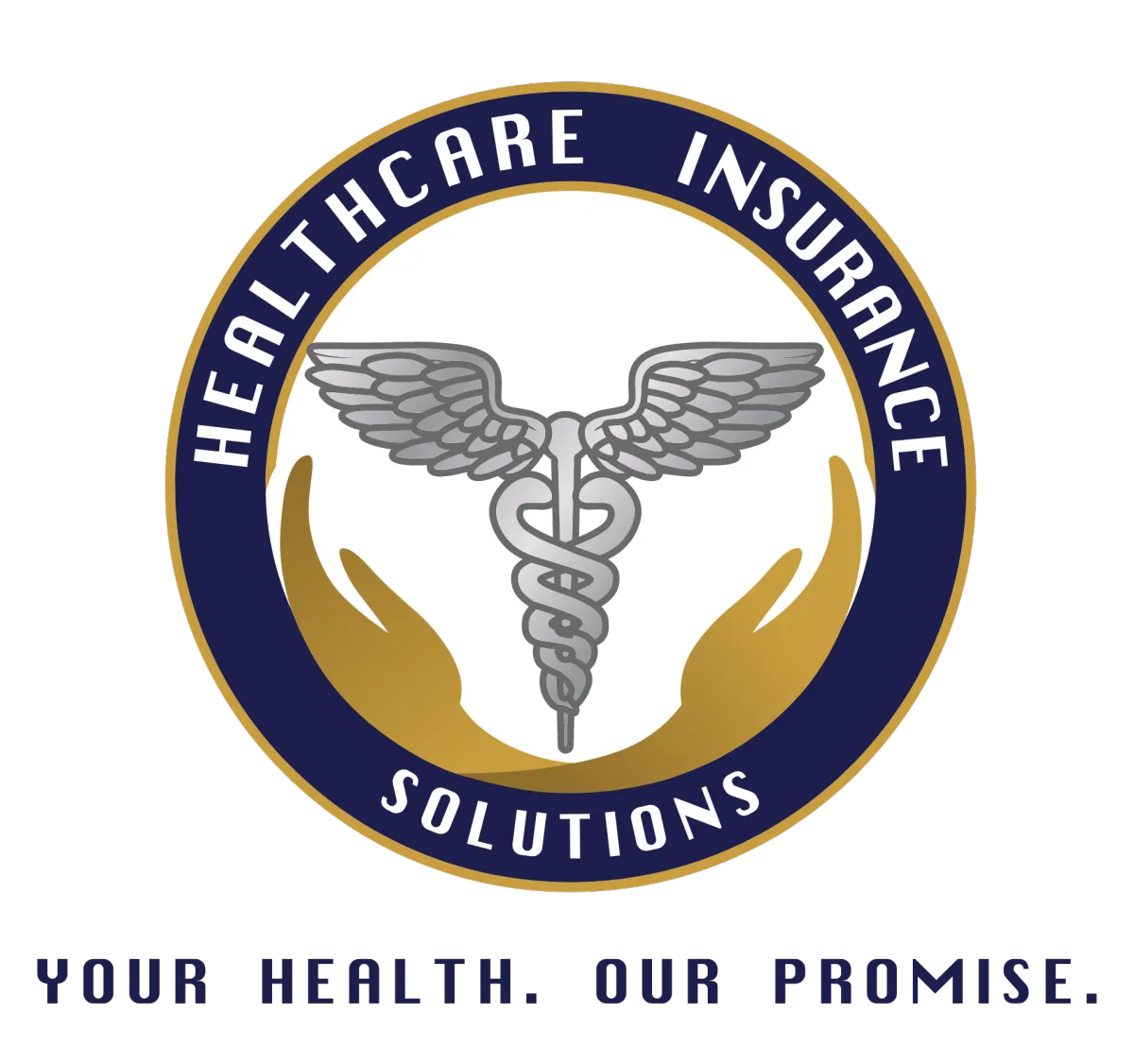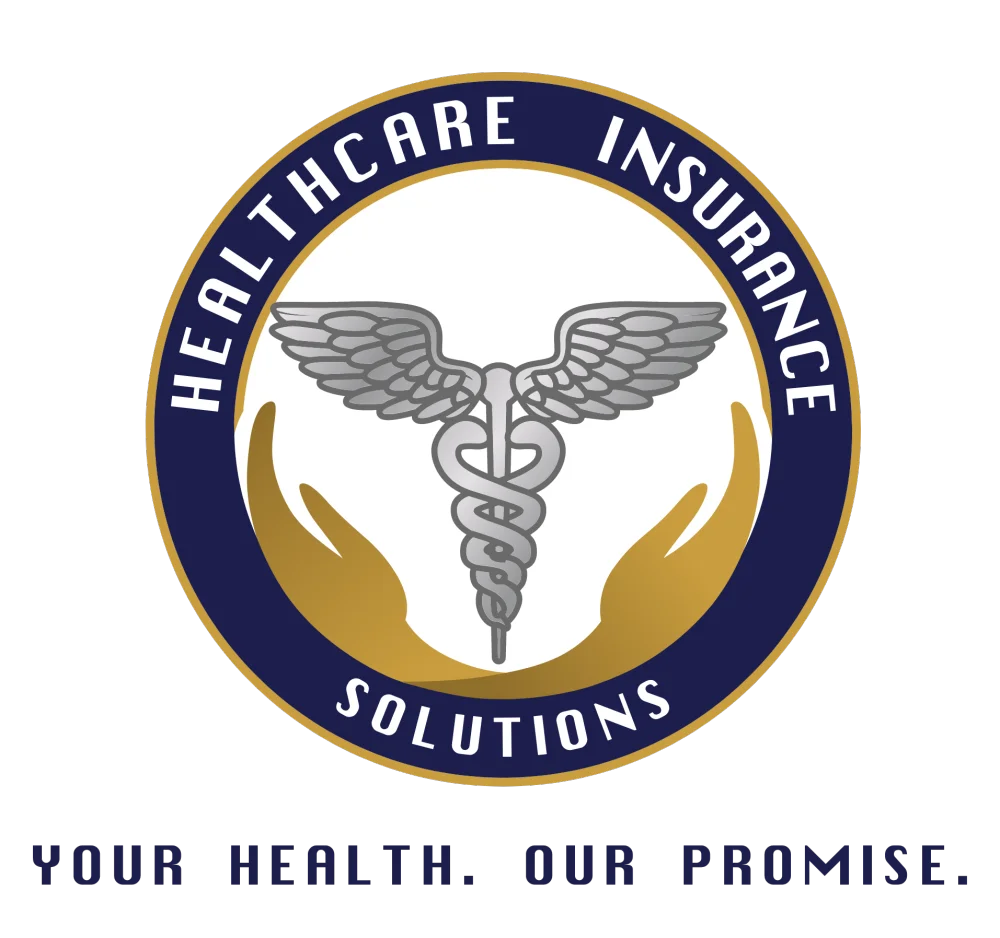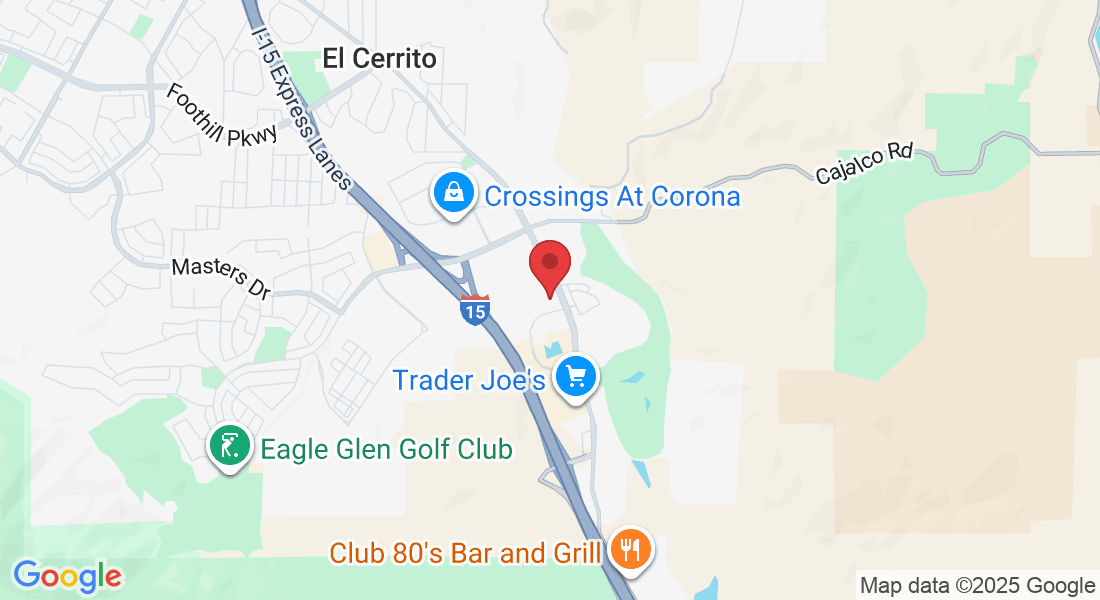(888) 493-4005 - Talk to a Licensed Agent Today! Monday - Friday 9am - 5pm PST
Dental Insurance FAQs
Q: What should I do before choosing a dental plan?
A: Education should always proceed shopping. Knowledge of the dental plan market enables a consumer to recognize a high-value product from a low-value product. Consider reading our introductory article Dental Insurance 101 as well as
Six Ways to Lower Your Annual Dental Insurance Costs. DentalInsurance.com also has a robust Learning Center filled with educational resources addressing innumerable dental topics.
Q: Should I buy dental insurance?
A: Quality dental insurance encourages regular dental visits and promotes oral health. Good dental hygiene is important not only for its physical health benefits but also because it can prevent the development of dental problems that require expensive care. Regular checkups also allow dentists to screen patients for symptoms related to more than 120 different non-dental diseases, including diabetes and heart disease. If you have exceptional oral health (clean teeth, no cavities or other problems), you may want to consider a dental plan with more narrow benefits. However, if you do enroll in such a plan, you may not have coverage for a major dental should one occur (e.g. a broken tooth or the need for a root canal).
A dental plan is only as good as the dentists who accept it so investigating the plan’s network is essential. Additionally, it is recommended to shop for a plan that covers preventive, minor, and major dental care with reasonable out-of-pocket costs. Dental care not covered by a dental plan is the sole responsibility of a patient.
Q: What is a fee schedule dental plan?
A: Sometimes referred to as fee-for-service or scheduled plans, dental fee schedule plans reimburse patients at a predetermined dollar amount for covered dental services. The reimbursement rate is based on the insurance company’s fee schedule. Any amount left after the reimbursement has been applied to the dental service cost is paid by the patient.
Q: What is a PPO dental plan?
A: A preferred provider organization (PPO) is a type of dental insurance plan in which enrollees select their dentist from inside or outside a network of dentists contracted with the dental plan. In-network dentists are known as preferred providers. Enrollees have the freedom to use an out-of-network dentist but pay higher out-of-pocket costs than would be the case if care was received from an in-network dentist. Because the network members have agreed to provide dental care to individuals at reduced rates, PPO dental plans may be able to help contain patients' costs.
However, PPO dental plans also restrict access to some services. The types of dental treatment available to the patient and the amount of time participating dentists are willing to invest in any given procedure are typically subject to limitations. Learn more about PPO dental plans in the Dental Resources area.
Q: What is a DHMO?
A: A DHMO is another name for a dental insurance HMO. HMO stands for “health maintenance organization.” A dental health maintenance organization (DHMO) is a form of dental coverage where dental services are delivered through a network of dentists that is usually smaller than is the case for PPO dental insurance.
The dentists within the network receive a fixed monthly fee per patient. This type of arrangement is also referred to as a "capitation plan." HMO dental insurance is often the least expensive dental plan option and it has the further virtue of lacking a “maximum benefit.” A maximum benefit is an annual cap on how much an insurance company will pay toward patient care. Read the article “HMO dental insurance” for more detailed information about DHMOs.
Q: What is a carrier?
A: A carrier, or insurance carrier, is another name for an insurance company. The term carrier is used by insurance industry professionals, and it refers to a company that “carries” the insurance policy sold to an individual or entity. An insurance carrier is licensed to sell insurance policies.
Q: What is a maximum benefit?
A: A maximum benefit is the dollar limit on insurance company payments toward covered dental services during a year. Expenses exceeding the maximum benefit amount are paid completely by the patient and not the insurance company. Large maximum benefits are thousands of dollars while a small maximum benefit may be as little as $500 annually.
Office:
Corona, CA
Call:
(888) 493-4005
Email: staff@healthcareinsurancesolutions.com
Site: www.healthcareinsurancesolutions.com
We do not offer every plan available in your area. Any information we provide is limited to those plans we do offer in your area. Please contact Medicare.gov or 1-800-MEDICARE to get information on all of your options. Healthcare Insurance Solutions is not connected with the Federal Medicare program.
This is a solicitation for insurance and a licensed agent may contact you. This website is owned and maintained by Healthcare Insurance Solutions, which is solely responsible for its content. This site is not maintained by or affiliated with Covered California, and Covered California bears no responsibility for its content.
The e-mail addresses and telephone number that appears throughout this site belong to Healthcare Insurance Solutions and cannot be used to contact Covered California.





















